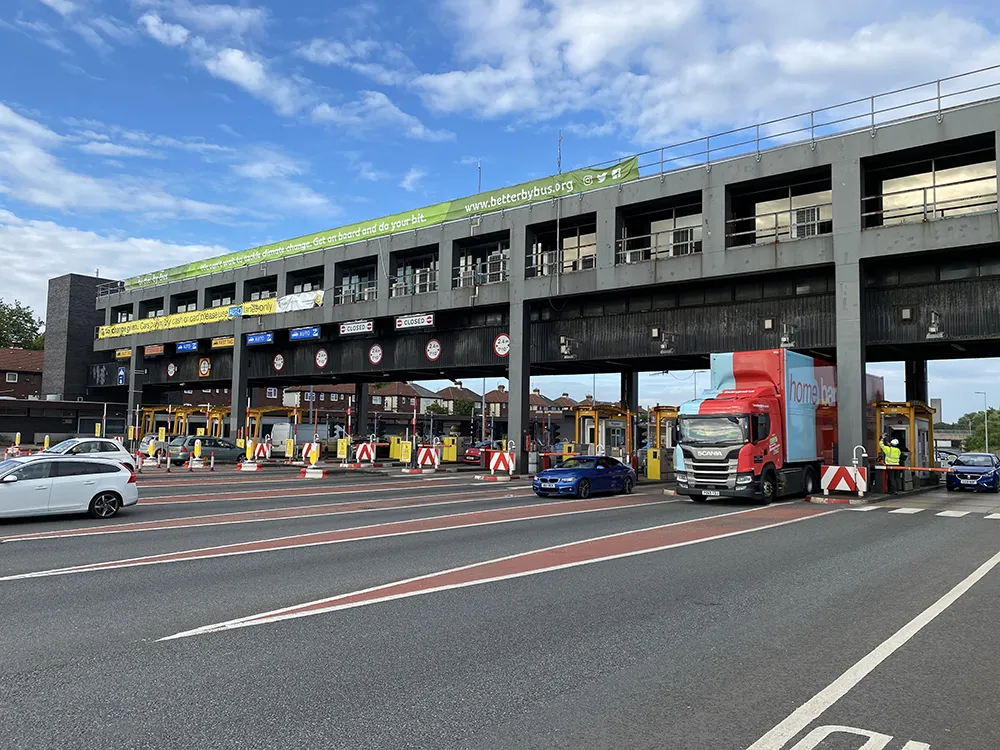The concept of road users in Florida paying a mileage tax can no longer be considered a far fetched one. The statewide transportation advisory group Florida Metropolitan Planning Organisation Advisory Council (MPO) has asked the state legislature to start considering a system that requires individuals to pay for each mile driven. An earlier two-year MPO study to find a way to pay for the state’s future transportation needs found that, for the long-term, the state could no longer rely on a fuel tax, which c
April 22, 2013
Read time: 2 mins
The concept of road users in Florida paying a mileage tax can no longer be considered a far fetched one. The statewide transportation advisory group Florida Metropolitan Planning Organisation Advisory Council (MPO) has asked the state legislature to start considering a system that requires individuals to pay for each mile driven.
An earlier two-year MPO study to find a way to pay for the state’s future transportation needs found that, for the long-term, the state could no longer rely on a fuel tax, which currently pays for transportation projects in Florida, such as maintaining roads and subsidising public transportation.
The influx of high-mileage cars has meant a decline in the tax revenue received via the tax and there is an estimated US$74 billion shortfall to pay for needed transportation projects. The Florida MPO says the state should be seriously considering mileage-based user fees. If implemented, the fuel tax could be eliminated completely.
"In the next ten years, they will eventually do it," said Lauderhill Mayor Richard Kaplan, Florida MPO board chairman. "Otherwise, we won't be able to maintain our roads or transportation system. This is going to happen."
While Florida is clearly heading that direction, the advent of express toll lanes in the south of the state, as well as all-electronic tolling on Florida turnpikes are seen as stepping stones for the mileage-based system, according to Robert Poole, director of transportation at the Reason Foundation, a public policy think tank. "It's a good start," he said. "It's a way to pay for widening projects. It gets SunPass in more vehicles. And it's getting people used to the idea."
An earlier two-year MPO study to find a way to pay for the state’s future transportation needs found that, for the long-term, the state could no longer rely on a fuel tax, which currently pays for transportation projects in Florida, such as maintaining roads and subsidising public transportation.
The influx of high-mileage cars has meant a decline in the tax revenue received via the tax and there is an estimated US$74 billion shortfall to pay for needed transportation projects. The Florida MPO says the state should be seriously considering mileage-based user fees. If implemented, the fuel tax could be eliminated completely.
"In the next ten years, they will eventually do it," said Lauderhill Mayor Richard Kaplan, Florida MPO board chairman. "Otherwise, we won't be able to maintain our roads or transportation system. This is going to happen."
While Florida is clearly heading that direction, the advent of express toll lanes in the south of the state, as well as all-electronic tolling on Florida turnpikes are seen as stepping stones for the mileage-based system, according to Robert Poole, director of transportation at the Reason Foundation, a public policy think tank. "It's a good start," he said. "It's a way to pay for widening projects. It gets SunPass in more vehicles. And it's getting people used to the idea."









